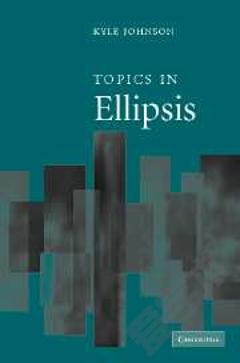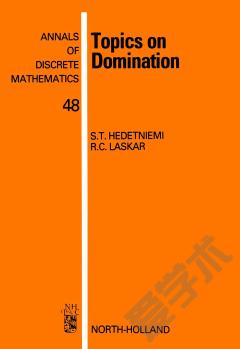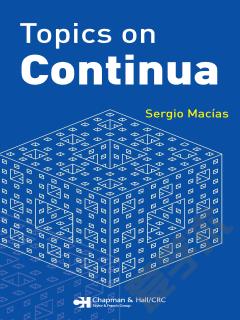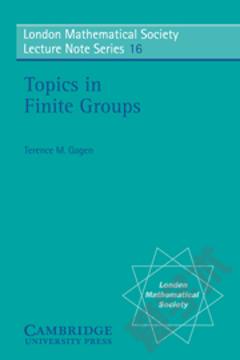Topics in Ellipsis
Ellipsis occurs when certain portions of a sentence are not spoken - for example 'Mary has read more books than Bill has [read books]' and 'Jack called, but I don't know where [he called] from'. These constructions interest linguists because the meaning of the sentence cannot be traced directly to the words it contains. This volume brings together a team of leading syntacticians to propose new and original solutions to some key questions in the study of ellipsis: What characterises ellipsis? Under what conditions is it possible? What kinds of meanings are allowed to go unspoken? Drawing on a variety of authentic constructions, they examine ellipsis in the context of a range of syntactic phenomena such as binding, raising, anaphora, movement and scrambling. Making significant progress towards solving some central problems in syntactic theory, this volume will be of key interest to anyone working on theoretical syntax, semantics and psycholinguistics.
{{comment.content}}








 京公网安备 11010802027623号
京公网安备 11010802027623号